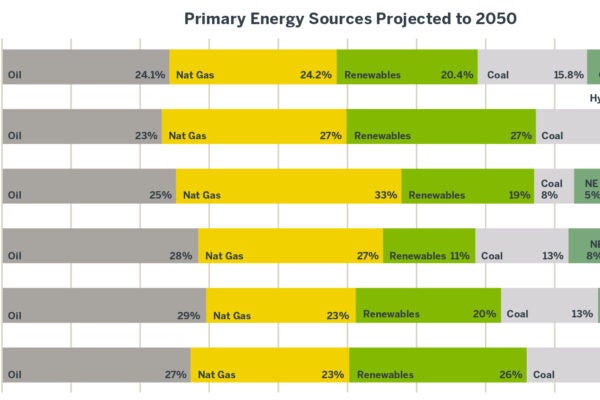COVID ‘Motherhood Penalty’ Affects Academic Research Productivity
During lockdown, production of working research papers in economics and finance increased, except by women between the ages of 35 and 49
Based on the research of Sam Kruger

The pandemic had a disproportionate impact on female finance researchers, according to a new Texas McCombs study that tracked the posting of working papers produced by men and women in top-50 U.S. university economics and finance departments during the shutdown.
After the cancellation of classes, seminars, conferences, and other “distractions” in March 2020, the new research found a 29% uptick in productivity. That increase was broad-based across geographies, job titles, departments, and ages, with larger increases in top departments and among academics under the age of 35.
Department Ranking: Researchers in top-10 departments experienced an average production increase of 0.53 papers per year (+37% of their average production), while researchers in departments ranked 11–25 saw a 0.33 increase (+30%). Departments ranked 26–50 posted a 0.18 increase (+19%).
Age: Professors under the age of 35 — typically junior faculty members with ticking tenure clocks who must publish research to advance their careers — experienced production increases that were 0.19 to 0.23 papers per year larger than the production increases of older professors.
Gender: Women and men younger than 35 and older than 50 experienced nearly identical production gains, while women between the ages of 35 and 49 experienced no detectable production gain. By comparison, men in this age group experienced a production increase of 0.38 papers per year (32%). This age range — and corresponding gender disparity — generally corresponds to faculty members who are most likely to have young children.
Heterogeneous Impact: “People’s experiences during COVID were extremely heterogeneous,” says Samuel Kruger, McCombs assistant professor of finance, speaking from experience. He conducted the research with Gonzalo Maturana of Emory University and Jordan Nickerson of the University of Washington. “For me, a lot of the initial pandemic was filled with child care and remote schooling for young children, and others faced countless other challenges. On the other hand, COVID also introduced new research questions and freed up time that people normally spent doing things like commuting and traveling.”
“How Has COVID-19 Impacted Research Production in Economics and Finance?” is forthcoming, online in advance in the Review of Financial Studies.
Story by Alexandra Biesada
About this Post
Share:


